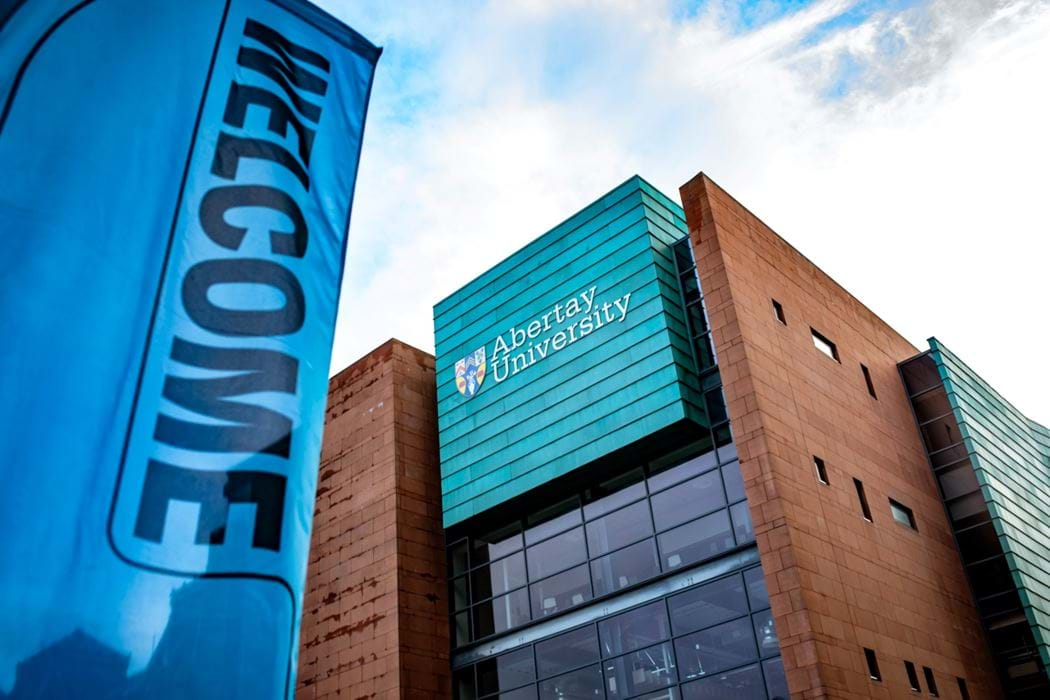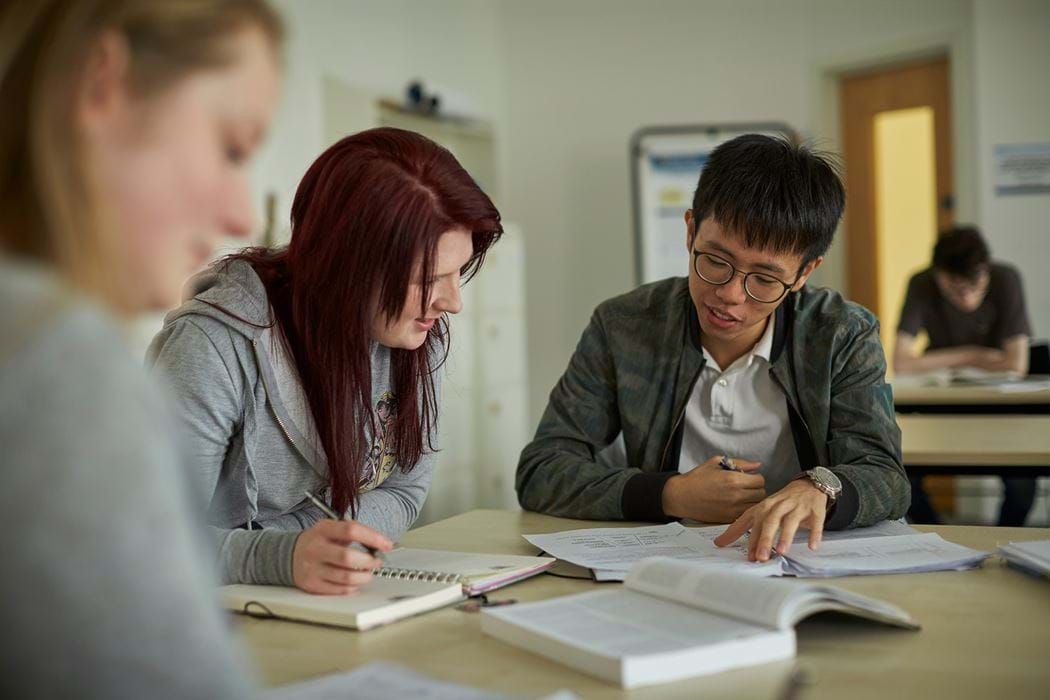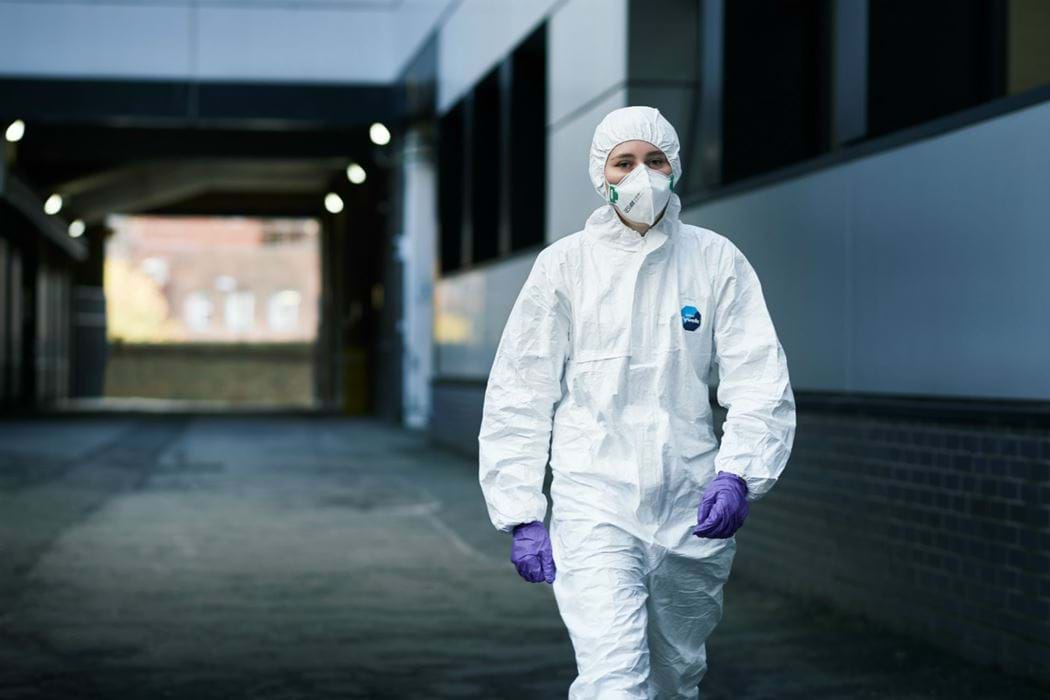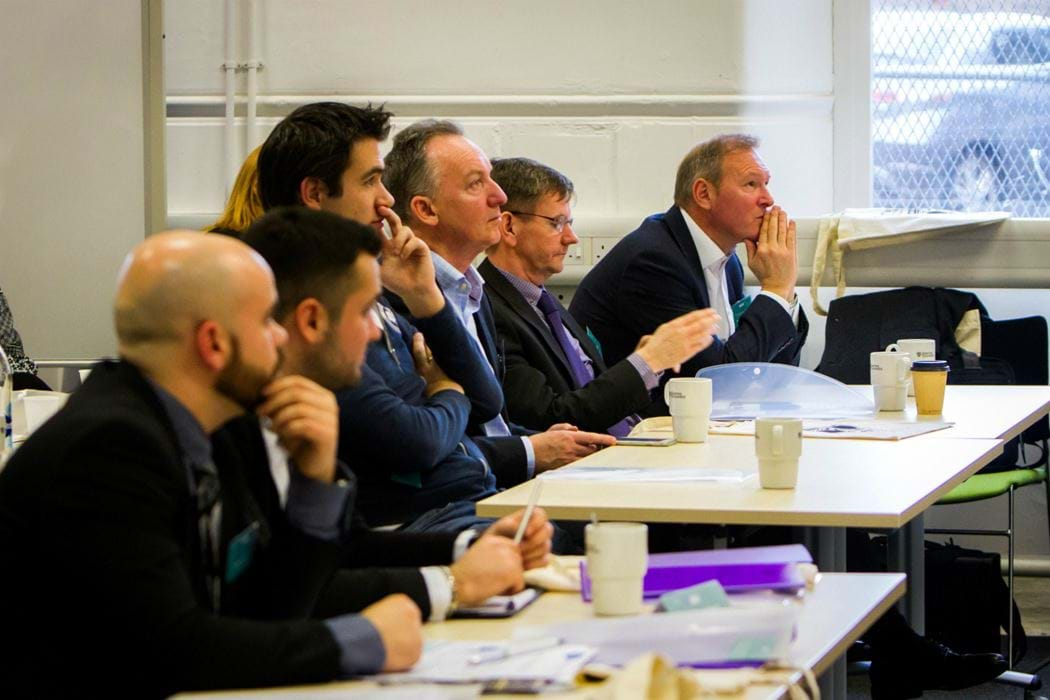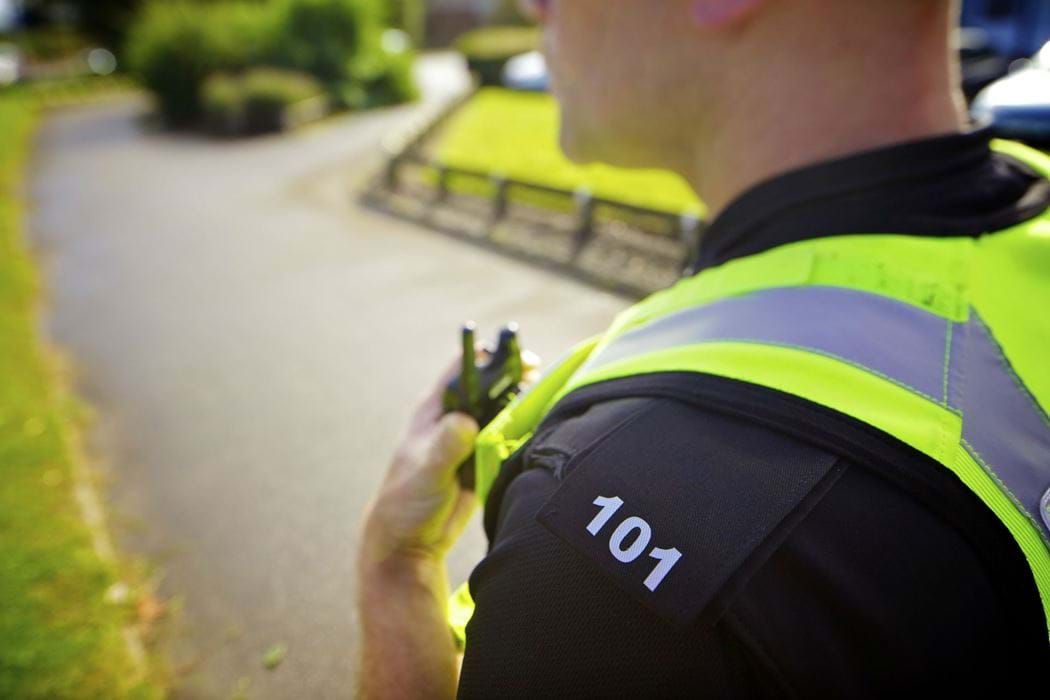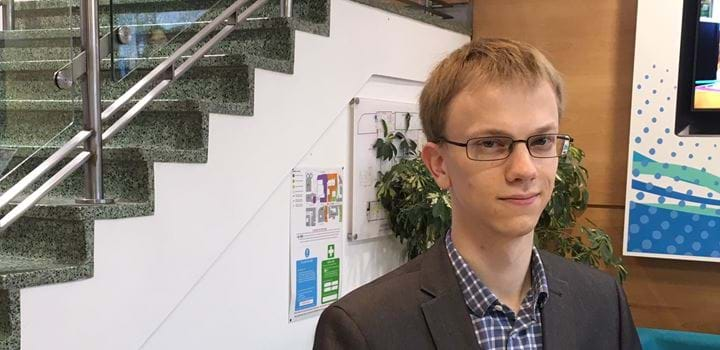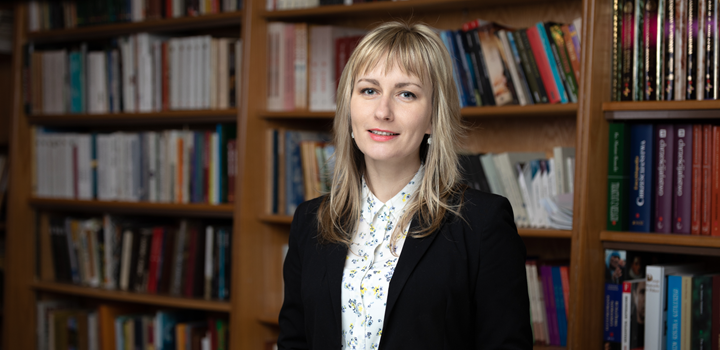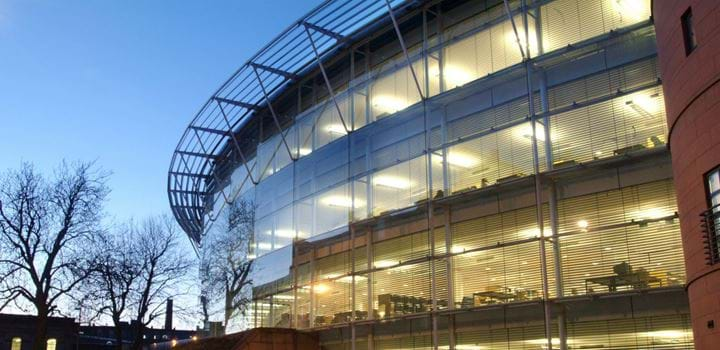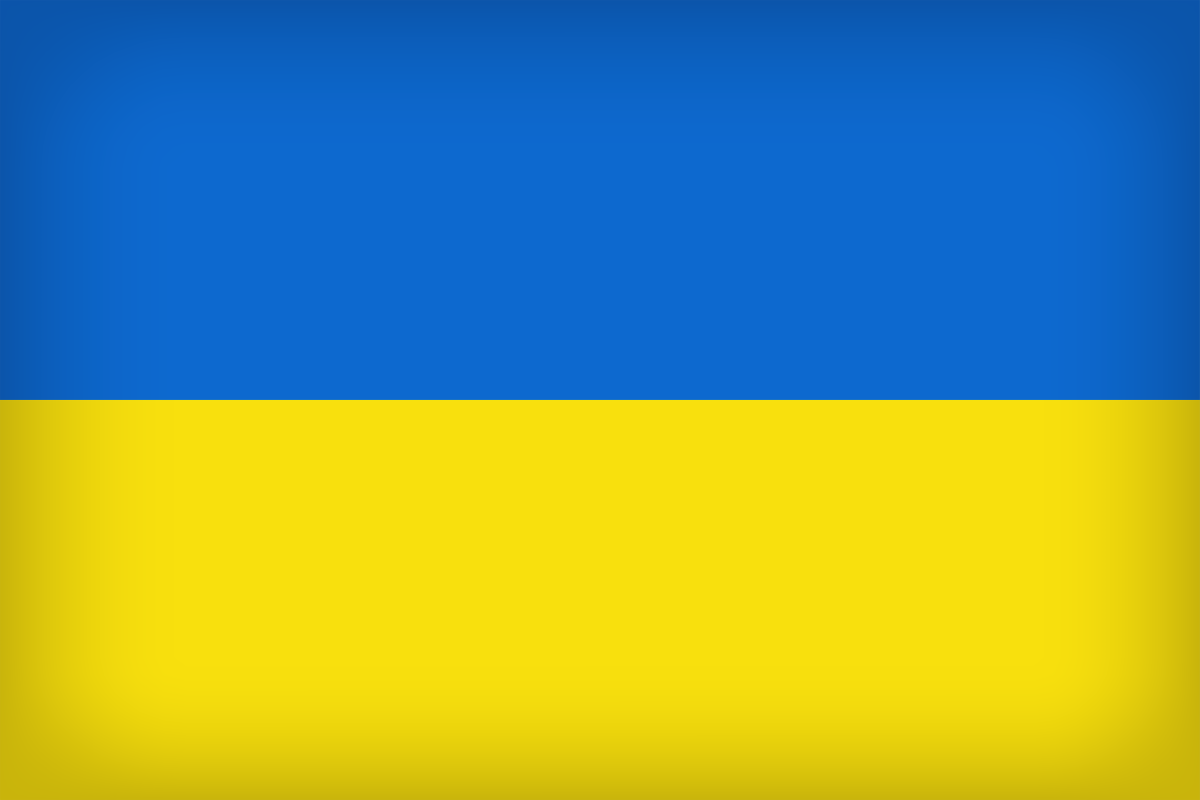How the Course Works
This degree is part of a larger portfolio of three courses covering Criminology, Policing and Sociology.
The first two years of each course follow the same curriculum. This initial two-year curriculum covers the fundamentals of criminology and sociology, recognising the deep interplay between the two.
Our two-year foundation approach means you can keep your options open until you’ve learnt more about what really interests you. Having gained two years of knowledge, at the end of year two you choose from one of these pathways:
At the end of year two you choose from one of these pathways:
Your chosen course will be reflected in your degree title e.g. BSc (Hons) Criminology and Sociology. And, of course, we’re here to help if you need help deciding which path to take.
Remember, you only need to apply for ONE course, as the first two years are the same for everyone.
Anyone applying for years two or three should email admissions@abertay.ac.uk for full details.
Teaching and Assessment
You’ll learn through a blend of lectures, tutorials, seminars, workshops, online discussion forums, video screenings, guest speaker presentations, directed and private study, and student-focussed group work.
Other assessment methods include supervised examinations, essays, reports, portfolios, presentations, project work, class and online tests, and reflective analyses. In your final year, you’ll design and produce a research project under the dedicated supervision of an academic staff member.
Around one third of the course is assessed through examination, although the exact proportion depends on your module choices.
Put simply, we aim to give you all the skills you need to move straight into a job or further study when you graduate.
